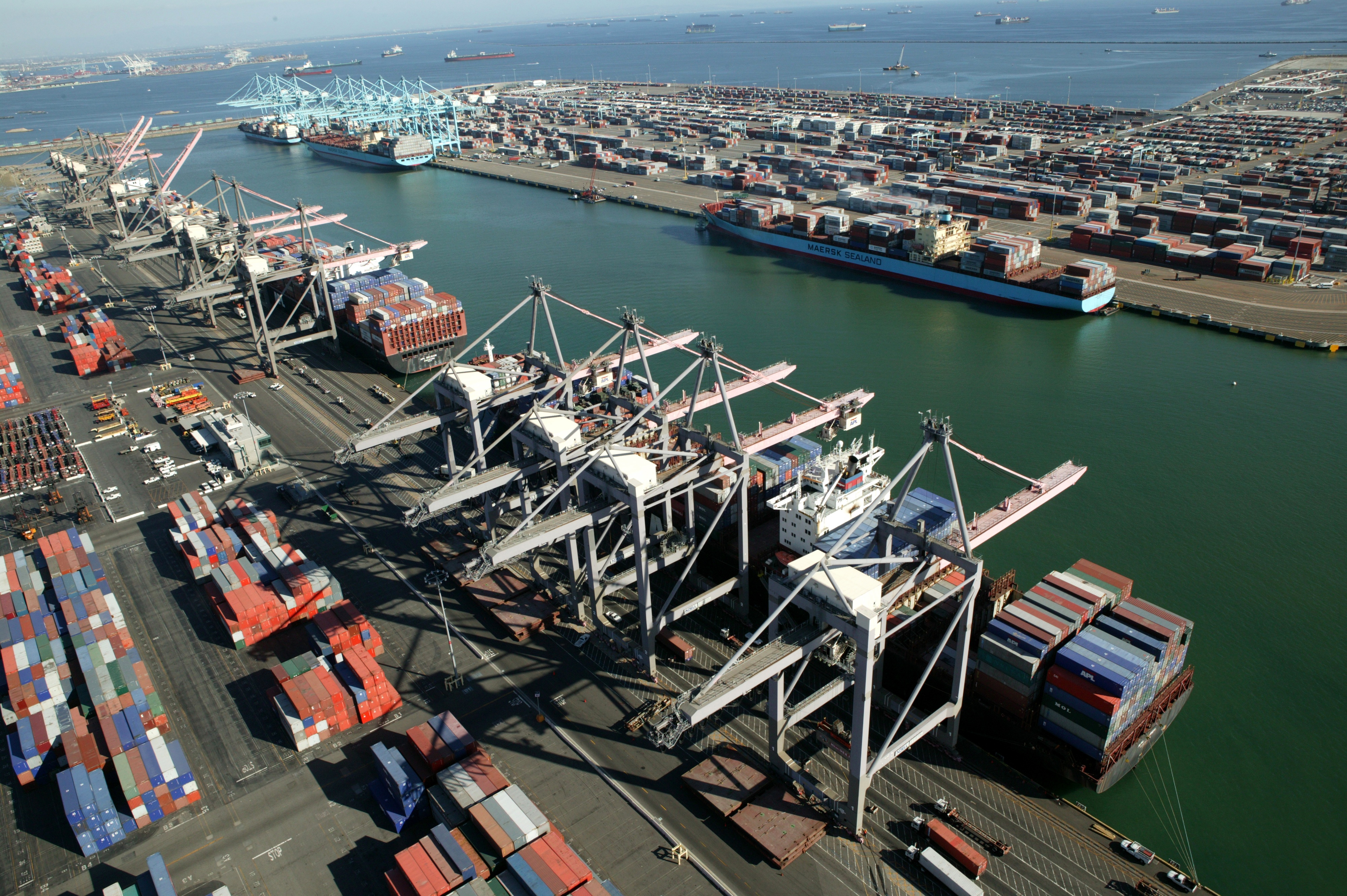 Is your food warehouse compliant with the Food Safety Modernization Act (FSMA)?
Is your food warehouse compliant with the Food Safety Modernization Act (FSMA)?
The FSMA was signed into law in January 2011 in order to increase the FDA’s role in monitoring and policing food companies. The gist of the law is to protect the public from real and potential health scares, and it certainly impacts food logistics and food warehouses.
The law is broken down into four areas of improving food safety.
1) Prevention
2) Inspection and Compliance
3) Response
4) Imports
The improvements encompass enhanced product tracking, record keeping, third party import certification, testing and international contamination prevention.
How does your food warehouse conform to these new requirements?
In the event of a recall, the entire food supply chain needs to maintain 360 degrees of visibility and quality assurance monitored from one end of the chain to the other. Therefore, adopting a ‘prevention’ rather than ‘reaction’ mentality is the way to go.
Here are a few suggestions to keep your food warehouse in compliance:
- Scrutinize human traffic in the entire food supply chain, including unauthorized personnel, visitors, suppliers and contractors.
- Locate vulnerabilities that could cause food contamination in critical control areas.
- Conduct mock recalls. There are detailed federal regulations that describe how vendors of food for humans and pets must perform during a product recall. Even if nothing ever goes wrong with your product, you must be able to prove that you can track and trace any item by lot number. Make sure any 3PL partners you have conduct their own mock recalls and share the results with you.
- Ensure that the warehouse management system can get the job done. Is it sophisticated enough to do the detailed tracing that may be required during a recall?
- Implement company audit standards that are reliable and compliant with operational and regulatory standards that promote rigid food defense practices.
- Use integrated logistics services. In an outsourced environment, consider maintaining the chain of custody of food products with a single provider for both warehousing and transportation.
For information on choosing the right food warehousing partner, read our white paper: Choosing a 3PL for Food Distribution.
An examination of your food supply chain
Examining your entire food supply chain may seem an arduous task. On the other hand, dealing with the initial and snowballing effects of a food product recall can be even more difficult and would likely costs millions of dollars.
Past reputation is not good enough. Your outsourced food warehouse providers must comply with these new rules as part of your supply chain. Even your long-standing suppliers must be looked at to ensure that your compliance is line with the FSMA directive. If flaws are discovered it is wise to consider alternate warehouse and transportation providers to reduce your risk.
Weber Logistics operates 16 food warehouses in California, Arizona and Nevada. Our 40 years of experience in food logistics makes us a natural choice for food, alcohol and confectionery industries. As members of various food and logistics associations we adhere to the policies and procedures as set out. Contact us to learn more about our expertise in food warehousing and distribution at 855-GOWEBER (469-3237).
Download the Weber Logistics Insight:




 Capital Management
Capital Management